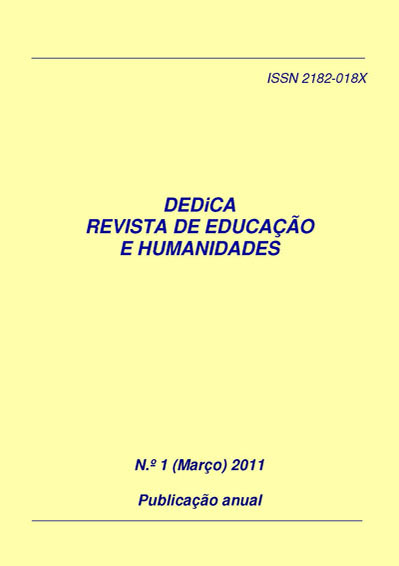The importance of schools regarding interculturality: the foundation of citizenship
DOI:
https://doi.org/10.30827/dreh.v0i1.7185Keywords:
intercultural perspective, intercultural education, citizenship, classroom relationships, teacher education, professional identityAbstract
A total of 91 immigrants who have passed through the Spanish educational system tell us about their experience at school and how it has served them. We could say that it is important that our schools are open to new things and to the future because we are educating today the citizens of tomorrow. The teacher’s role is paramount, so his/her training must nurture concepts such as cultural hybridization and the pedagogy of hybridization.Downloads
References
Bartolomé, M. (Coord.) (2002). Identidad y ciudadanía. Un reto a la educación intercultural. Madrid: Narcea.
Colectivo Ioé. Intervención Sociológica (2011). Consultado en 8 de marzo de 2011. Disponible en: http://www.colectivoioe.org/
Gimeno, J. (2001). Educar y convivir en la Cultura Global. Madrid: Morata.
Gimeno, J. (1982). Autoconcepto, sociabilidad y rendimiento escolar. Madrid: Instituto Nacional de Ciencias de la Educación.
Kymlicka, W. (1995). Ciudadanía multicultural. Barcelona: Paidós.
Naval, C. (2000). Educar ciudadanos. La polémica liberal-comunista en educación. Navarra: Eunsa.
Ortega, M. S. (2009). Una reflexión sobre el derecho a una educación para todos. En VV. AA., Actas del VI Congreso Internacional de Filosofía de la Educación, 261-270. Dykinson: Madrid.
Ortega, M. S.; Rascón, T. (2008). Los inmigrantes hablan: la escuela y la adquisición del concepto de ciudadanía. En VV. AA., Comunicaciones al XIV Congreso Nacional y III Iberoamericano de Pedagogía, 1311-1320. Madrid: Sociedad Española de Pedagogía.
Ortega, M. S. (2008). Reflexiones extranjeras, reflexiones ciudadanas. Addenda al XXVII Seminario Interuniversitario de Teoría de la Educación “Educación y ciudadanía”. Consultado en 25 de enero de 2011. Disponible en: http://www.ucm.es/info/site/docu/27site/ad307.pdf












